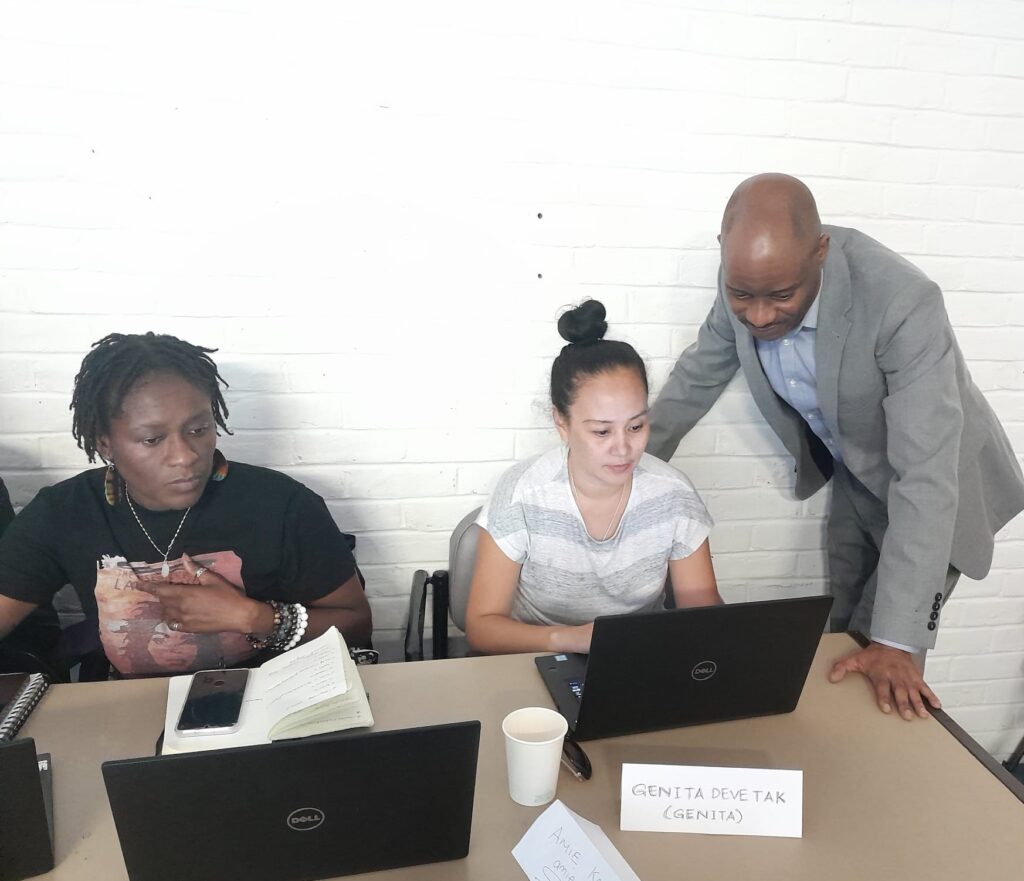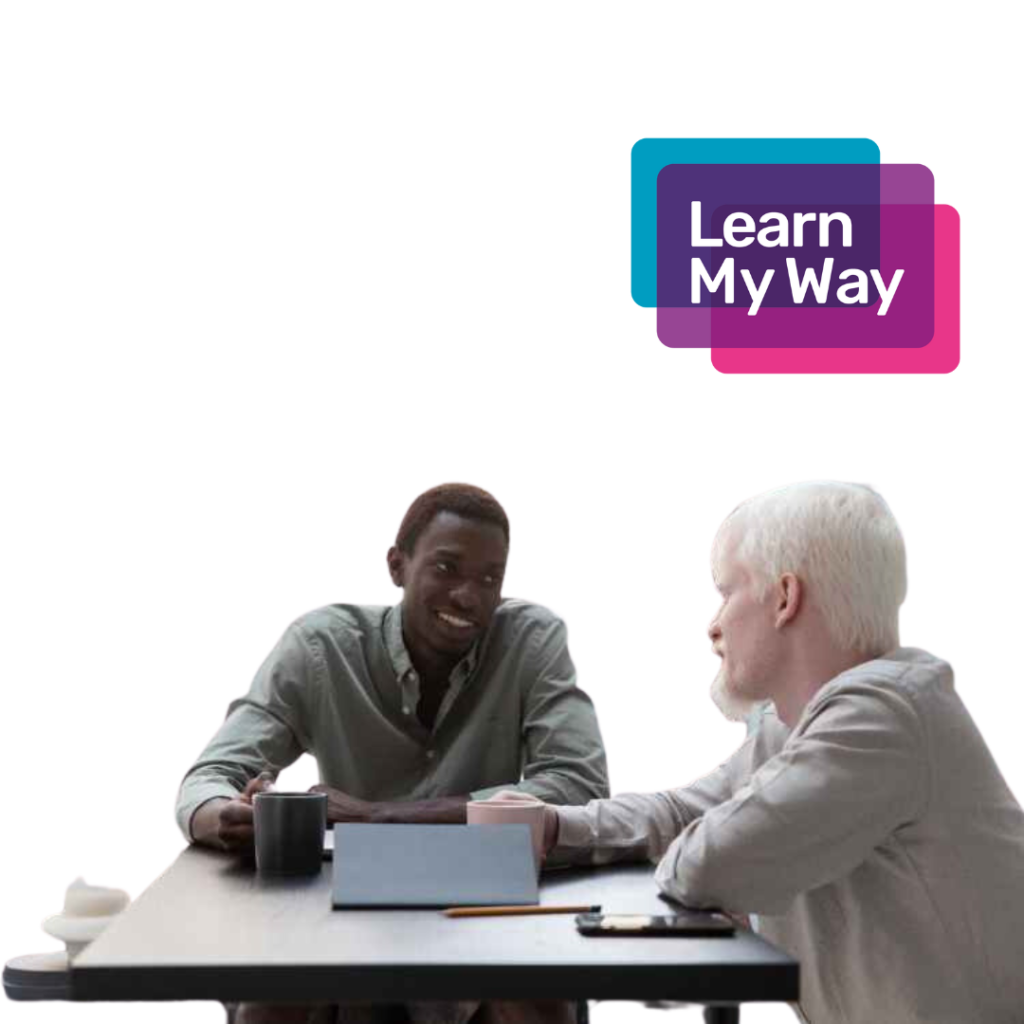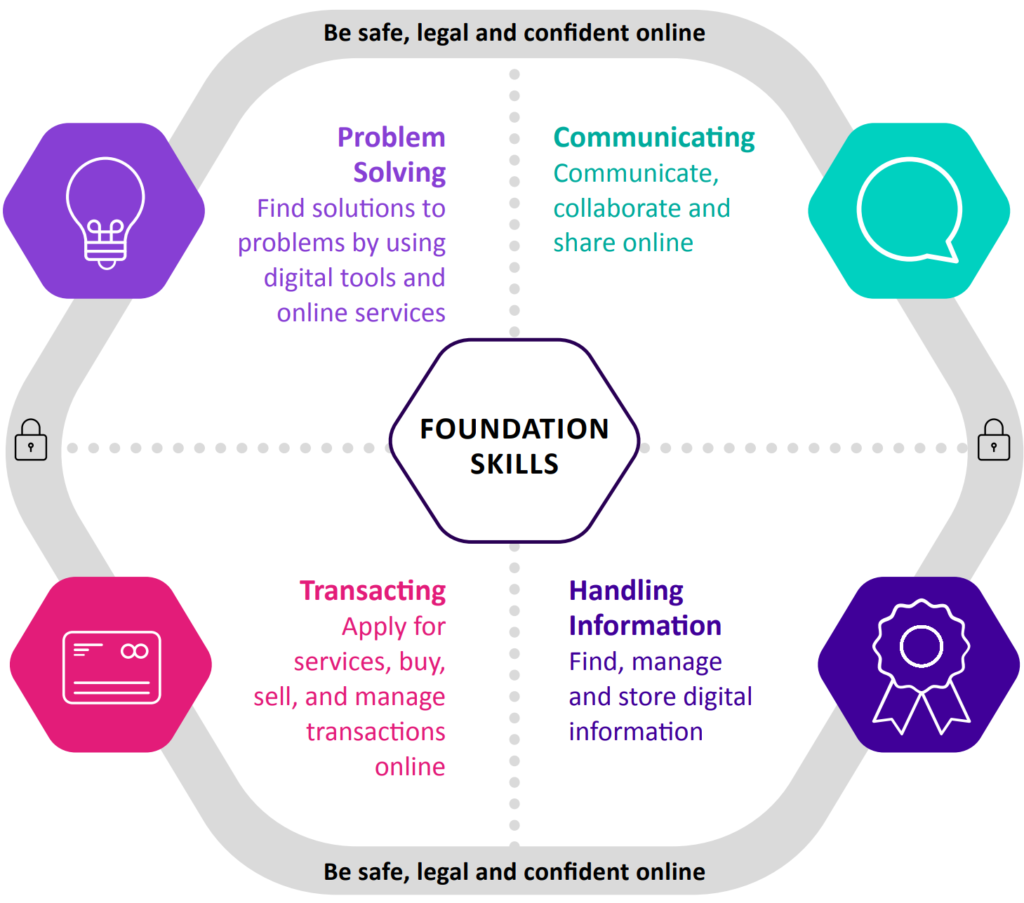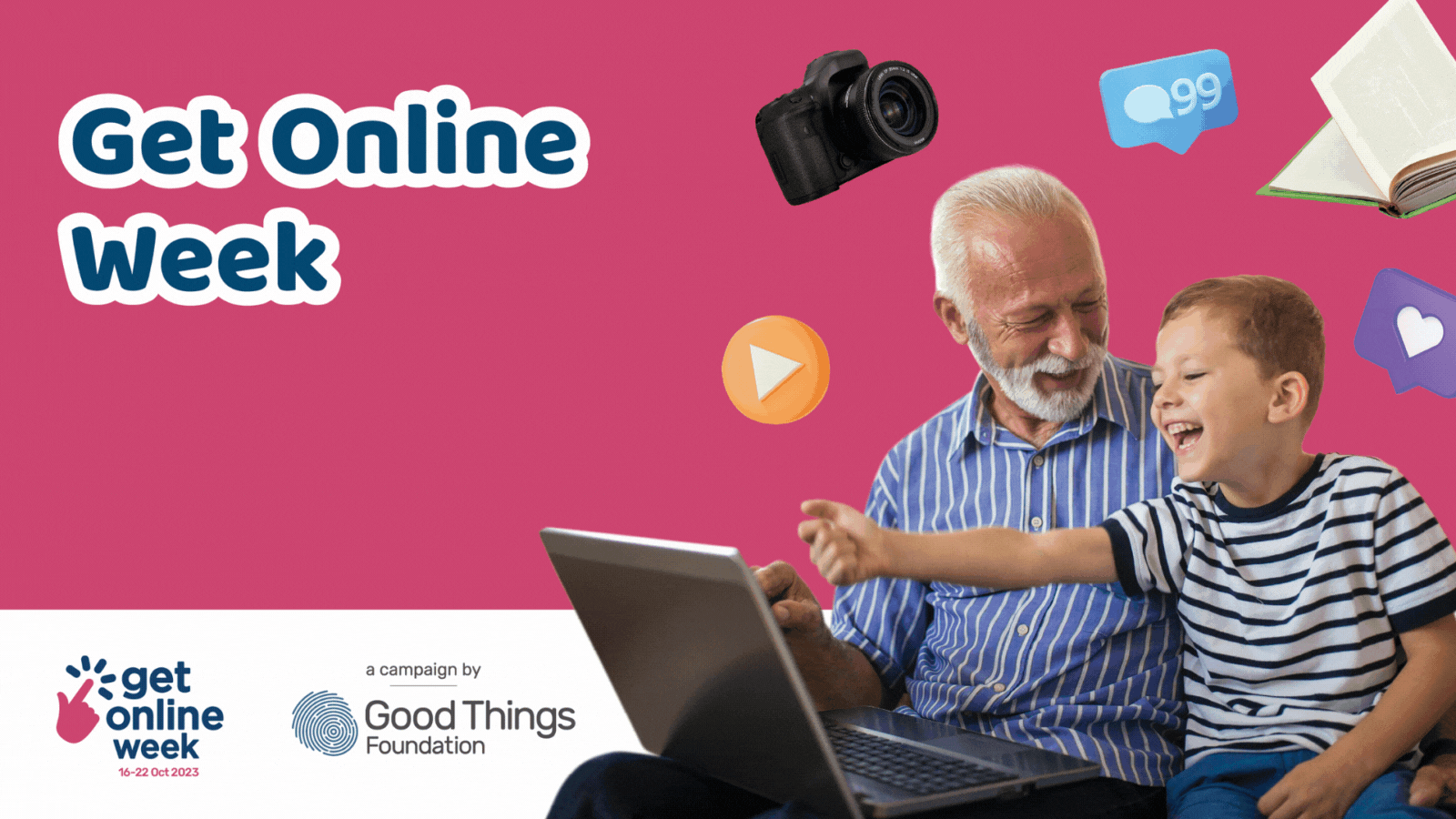Tackling Digital Exclusion with Human-Focused Innovation
In a world driven by technology, true innovation is not just about creating new tools—it’s about ensuring those tools empower people. Human-focused innovation puts people at the center of problem-solving, ensuring solutions are accessible, inclusive, and impactful. At IFB Gaming, we embody this approach by leveraging gaming and digital inclusion to bridge the technology gap for underserved communities.
The Challenge: Digital Exclusion
Millions worldwide face digital exclusion, lacking access to devices, internet connectivity, and digital literacy. This gap is more than just technological—it’s social and economic. Without digital access, individuals struggle to apply for jobs, access education, or even communicate effectively. This is where human-focused innovation comes into play, ensuring that no one is left behind in an increasingly digital world.
IFB Gaming’s Approach: A Use Case in Action
One of our key initiatives at IFB Gaming is Empowering Futures, where we provide free SIM cards, devices, and digital skills training to refugees, low-income individuals, and those with no recourse to public funds through Community Organisations. This initiative isn’t just about handing out technology—it’s about ensuring people can use it to improve their lives.
Take, for example, Amira, a refugee who arrived in the UK with limited digital skills. Without internet access, she struggled to find housing, apply for jobs, or connect with her family back home. Through our initiative, Amira received a SIM card, free digital literacy training, and guidance on using online job platforms. Within months, she secured a stable job, regained financial independence, and started building a new life. This transformation was possible because the innovation wasn’t just technical—it was human-focused.
The Impact: Technology as an Equalizer
By focusing on people first, we turn technology into an equalizer rather than a barrier. Our work at IFB Gaming demonstrates that gaming, connectivity, and digital literacy can go beyond entertainment; they can drive social change. Whether it’s through digital training, gaming for education, or sustainable tech access, we ensure that innovation works for everyone, not just a privileged few.
Scaling Human-Focused Innovation
The future of technology must be built with people at its core. At IFB Gaming, we are committed to expanding our efforts, collaborating with partners, and creating even more impact-driven solutions that make digital inclusion a reality for all.
Interested in collaborating or supporting our mission? Join us in shaping a more inclusive digital world.











